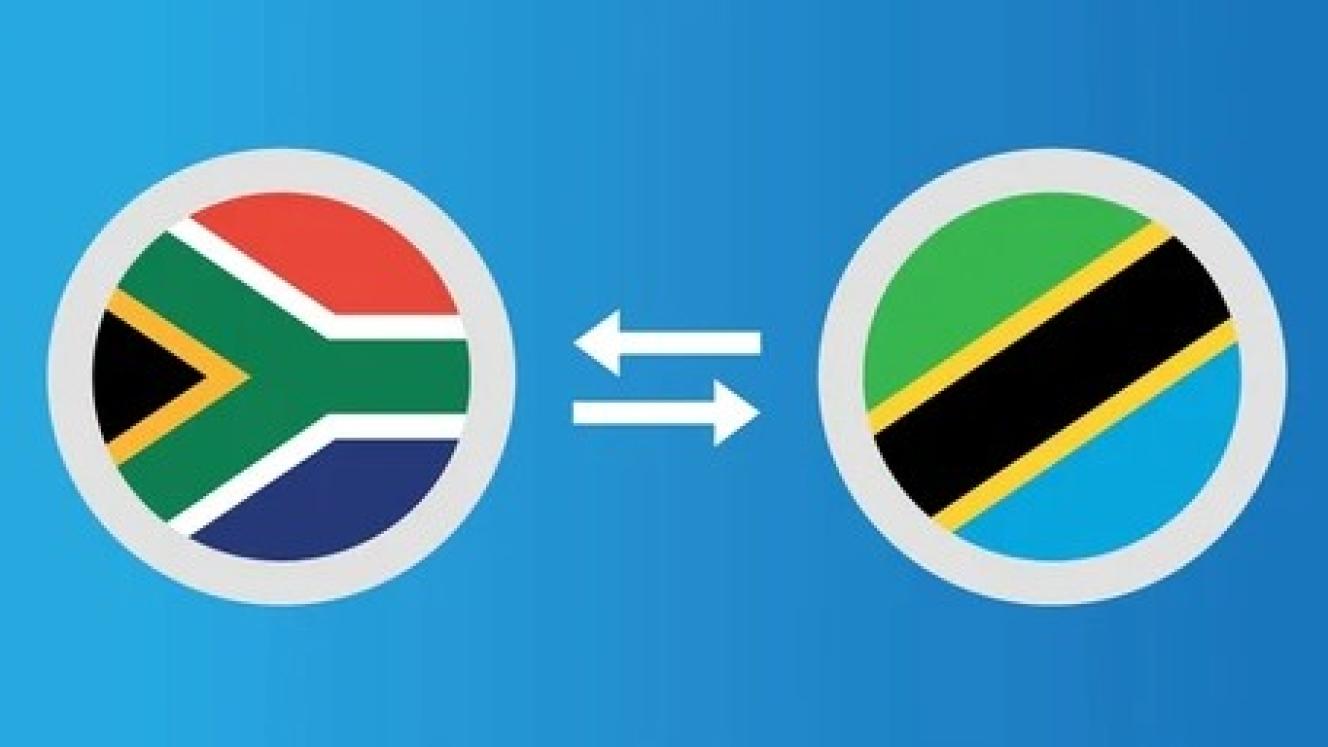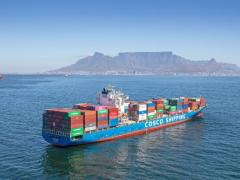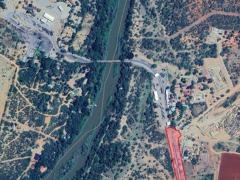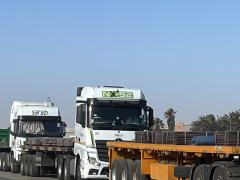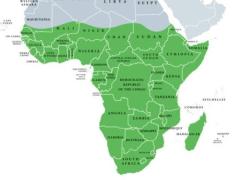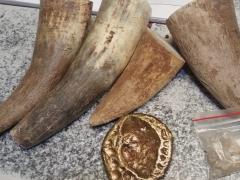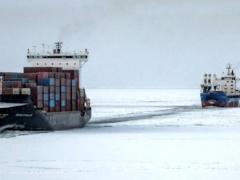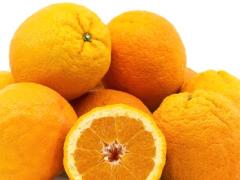The government of Tanzania has confirmed that there is no trade embargo against South African agricultural imports because of an earlier reported protectionist ban by South Africa against banana imports from Tanzania.
Speaking at a trade presentation by his country at the Johannesburg Chamber of Commerce and Industry, Tanzania High Commissioner to Pretoria, James Gillawa Bwana, said: “I can assure you there is no ban in place against South African imports.”
Although it wasn’t explicitly stated, Bwana indicated it included Malawi, Tanzania’s landlocked neighbour, which depends on the Port of Dar es Salaam for imports, especially bulk fertilizer.
Earlier this week SyndiGate Media reported that South Africa’s Department of Agriculture had rejected rumours suggesting a supposed ban on the importation of bananas from Tanzania into South Africa.
This clarification follows recent media reports indicating that Tanzanian authorities are allegedly considering restrictions on South African agricultural imports, based on assumptions that South Africa does not allow banana imports from Tanzania.
In a statement released this week, the department emphasised the strong and cooperative relationship that exists between the two nations in the sphere of agricultural trade. It further affirmed that South Africa had never implemented a ban on the import of bananas from Tanzania.
According to the department, an official market access application to export bananas to South Africa was received from Tanzania in February. This initiated the scientific Pest Risk Analysis (PRA) process by the National Plant Protection Organisation of South Africa – a mandatory procedure to establish phytosanitary import conditions aimed at preventing the introduction and spread of harmful pests and diseases.
“These procedures will be carried out in line with applicable phytosanitary regulatory frameworks and the relevant standards of the International Plant Protection Convention. It is in the mutual interest of both countries to allow the PRA process to proceed, so that scientifically sound phytosanitary conditions can be developed to ensure biosecurity,” the department noted.
The department also underlined the critical importance of maintaining biosecurity in agricultural trade, citing Fusarium oxysporum f. sp. cubense Tropical Race 4 (TR4) – the most destructive banana disease ever recorded – as a serious global threat to the banana industry.
